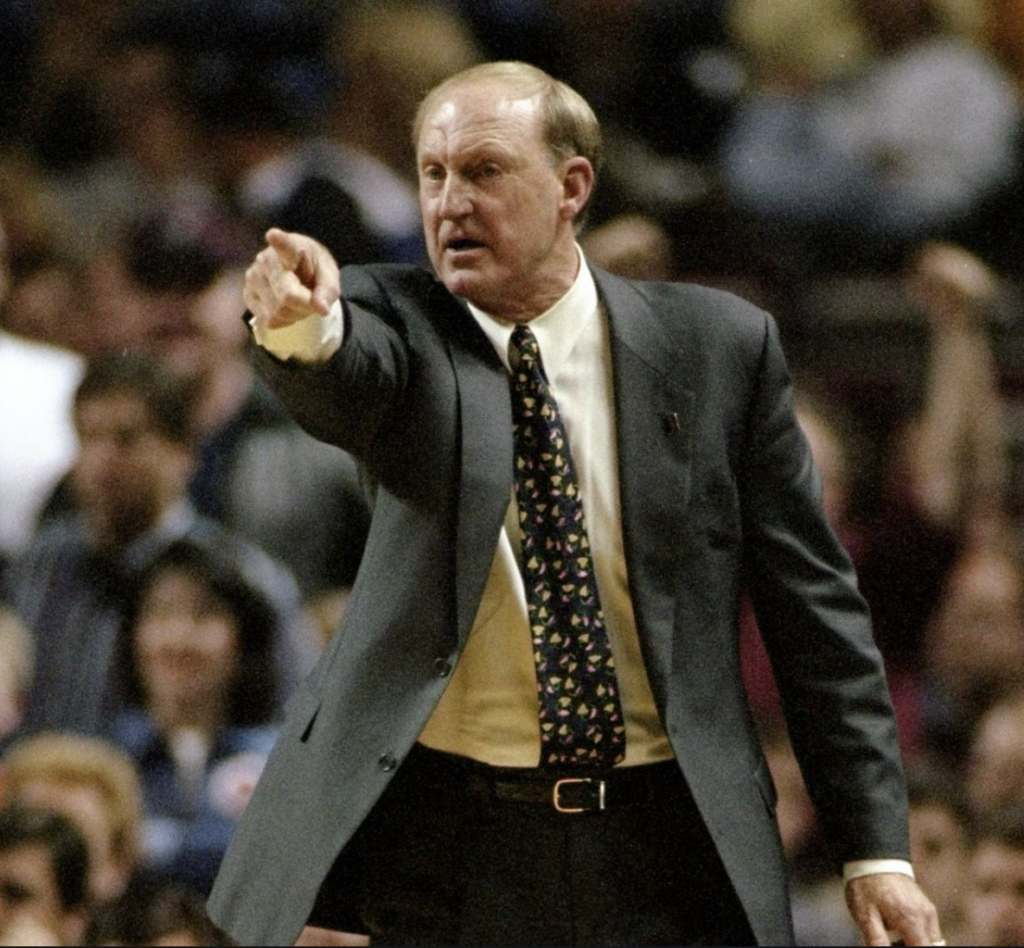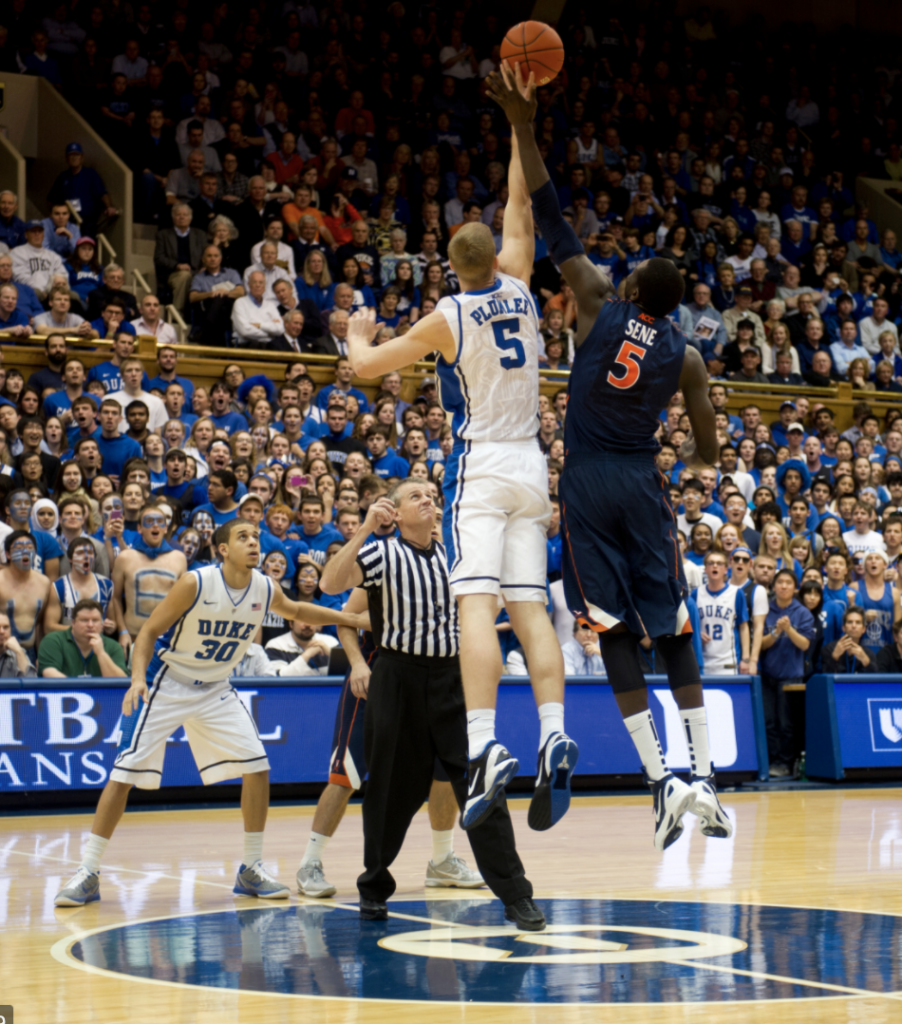When I was young(er) and had a lot more energy, I covered college basketball.
I traveled with the University of Missouri from 1984-86 and with the University of Nevada from 1988-90. On those beats and others in between, I visited some of the real cathedrals of the college game. Places like Pauley Pavilion at UCLA, Allen Fieldhouse at Kansas, both Carmichael Coliseum and the Deandome at North Carolina, Cameron Indoor at Duke, Rupp Arena at Kentucky and St. John’s Arena at Ohio State.
One thing I learned very early on is that if you’re a sportswriter, most coaches don’t really want to talk to you.
I actually had a very good relationship with Missouri’s Norm Stewart, which mean he would come to the phone when I called or return my calls when I missed him.
One of my most embarrassing moments as a sportswriter came in postgame interviews after a Missouri game. The Tigers had been crushed from the beginning and the game was never competitive. A reporter I didn’t know asked Stewart what he thought was the turning point of the game.
Without intending to at all, I laughed out loud.
Stewart looked over at me and said, “Mike, I’ve got to answer it.”

I loved covering college basketball, although things have changed so much with the one-and-done rule for players moving on to the pros. I got enough recognition that in two different seasons, one when I was in Colorado and the other in California, that I was asked to be one of the voters in the weekly Associated Press college basketball rankings.
My final year covering basketball came in 1995, when I was covering Division III and junior college ball in Southern California. I did get to meet and interview the great Jerry Tarkanian that year. The Chaffey College team I was covering was coached by Tark’s son George.
Many years earlier, though, when I first started covering colleges, I wrote a column about the relationship between coaches and sportswriters. It was sort of funny, so from nearly 40 years ago, here goes:
Here is a primer for sports fans — what coaches say and what they really mean:
They say: “They’ve got a really good team and we were lucky to beat them …”
They mean: “Those guys were stiffs. If my kids keep playing this badly, I’ll be parking cars for a living before long.”
They say: “This team will have a lot to say about who makes the playoffs …”
They mean: “We don’t have a chance in the world of being there ourselves.”
They say: “He teaches his players a very physical style of play …”
They mean: “His team plays dirty.”
They say: “That kid is a much better offensive player than he is on defense …”
They mean: “He couldn’t guard his own grandmother.”
They say: “He’s a great defensive player …”
They mean: “He couldn’t score on an eight-foot rim.”
They say: “He’s a little undisciplined …”
They mean: “I wish he’d get it across half court before shooting.”
You get the picture.

